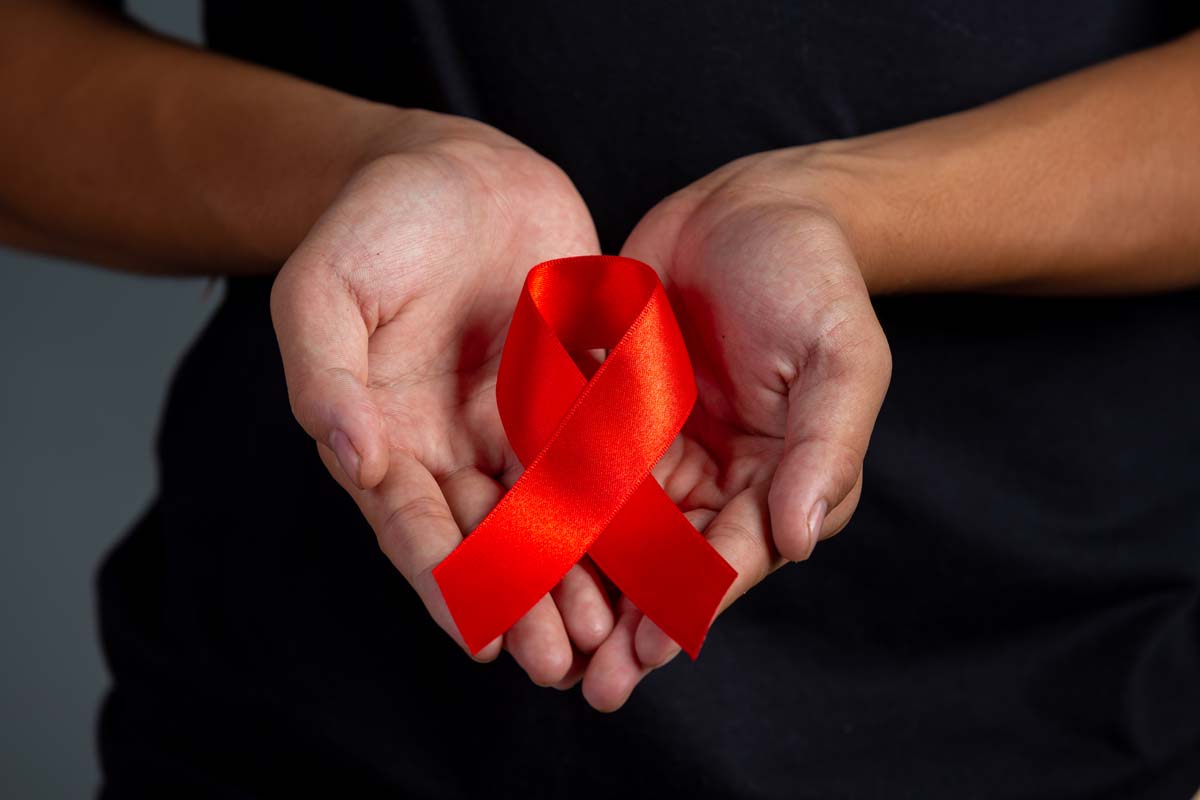HIV and its Prevention

What is the human immunodeficiency virus?
The human immunodeficiency virus, better known as HIV is a virus that targets the immune system and weakens people's defense against many infections and some types of cancer that people with healthy immune systems can more easily fight off. As the virus destroys and impairs the function of immune cells, infected individuals gradually become immunodeficient. The most advanced stage of HIV infection is acquired immunodeficiency syndrome (AIDS), which can take many years to develop if not treated, depending on the individual.
How do you contract HIV?
HIV can be transmitted via the exchange of a variety of body fluids from infected people, such as blood, breast milk, semen and vaginal secretions. Therefore HIV can be transmitted through anal or vaginal sex, or sharing needles, syringes, or other drug injection equipment. HIV can also be transmitted from a mother to her child during pregnancy and delivery.
Individuals cannot become infected through ordinary day-to-day contact such as kissing, hugging, shaking hands, or sharing personal objects, food or water. People living with HIV who take antiretroviral medications as directed and achieve and maintain an undetectable viral load have effectively no risk of sexually transmitting the virus to their partners.
Why should you get tested?
People who test and learn their HIV status can get HIV treatment such as ART and remain healthy for many years. The sooner people start HIV treatment after diagnosis, the more they benefit. HIV treatment reduces the amount of HIV in the blood, which reduces HIV-related illness, and prevents transmission to others.
People who get tested and learn they don’t have HIV can make decisions about sex, drug use, and healthcare that can help prevent HIV. Taking pre-exposure prophylaxis, also commonly referred to as PrEP, is recommended as a daily or as an ‘event-based’ dosage and is a proven and highly effective method for preventing HIV.
Who should get tested and how often?
Everyone between the ages of 13 and 64 should get tested for HIV at least once as part of routine health care. For people with certain risky behaviours, it is recommended to get tested frequently (at least twice a year). Such risk factors include, having unprotected (condomless sex) with one or more partners whose sexual history one doesn’t know. A diagnosis of an STD or tuberculosis and sharing of needles or syringes are also risk factors. Some sexually active gay and bisexual men may benefit from more frequent testing (e.g., every 3 to 6 months). All pregnant people should get tested for HIV so they can take steps to stay healthy and protect their baby.
What are the tests and who offers such testing?
There are various available HIV screening tests and these different types of tests have different window periods: HIV ELISA test (window period is 21-45 days), HIV rapid test (window period is 42-90 days) and HIV oral fluid test (window period is 90 days).
HIV testing happens at Government STD clinics for free where the routine (ELISA Test) or rapid testing depending on available resources are conducted. The Government hotline is
0112667163. Self-testing kit can be obtained free of charge by calling the hotline and is delivered around the island. Testing is also done at private hospitals, outreach testing in collaboration with NGO partners such as the Family Planning Association. Here, outreach workers are trained to conduct HIV rapid tests or assist in -self testing in the field. Testing is also conducted at Community clinics targeted at key populations, such as sex workers, drug users and transgenders.
For an online HIV risk assessment and to book an appointment for testing: https://know4sure.lk/201800
Call to action
Before having sex for the first time with a new partner, it is advised to have conversations on one’s sexual and drug-use history, disclose one’s HIV status, and consider getting tested for HIV and learn the results. To protect yourself from HIV, choose less risky sexual behaviors, use condoms, get tested and treated for other STDs and encourage your partners to do the same, reduce your number of sexual partners, speak to your doctor about taking PrEP, take PEP within 72 hours after a possible HIV exposure and encourage your HIV-positive partner to get and stay on HIV treatment
There is no cure for HIV infection. However, with increasing access to effective HIV prevention, diagnosis, treatment and care, HIV infection has become a manageable chronic health condition, enabling people living with HIV to lead long and healthy lives.
.png)



